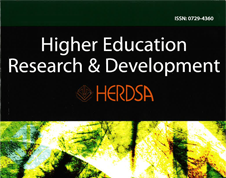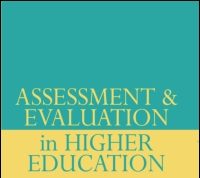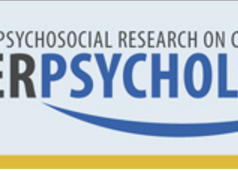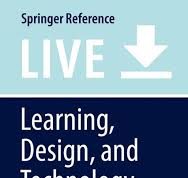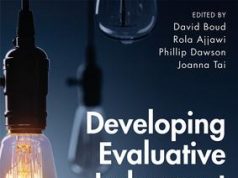LNM member Tracii Ryan has authored a new article about social media use with colleagues from The University of Melbourne, North Carolina State University, and the Education University of Hong Kong. The article, titled How social are social media? A review of online social behaviour and connectedness, was published in the Journal of Relationships Research. 
The use of social media is rapidly increasing, and one of the major discussions of the 21st century revolves around how the use of these applications will impact on the social relationships of users. To contribute to this discussion, we present a brief narrative review highlighting the advantages and disadvantages of social media use on three key aspects of social connectedness: social capital, sense of community, and loneliness. The results indicate that using social media can increase social capital, lead to the formation of friendships and communities, and reduce loneliness. However, some social media site users may experience weakening friendships, online ostracism, and heightened loneliness. Therefore, we argue that the use of social media has contradictory effects on social connectedness. Moreover, the direction of these outcomes is contingent upon who is using the site and how they are using it. Based on these arguments, possible directions for future research are discussed. It is recommended that discourse be continued relating to the association between online social behaviour and connectedness, as this will enable researchers to establish whether the positive outcomes of social media use outweigh the negative.
Reference:
Ryan, T., Allen, K., Gray, D., & McInerney, D. (2017). How Social Are Social Media? A Review of Online Social Behaviour and Connectedness. Journal of Relationships Research, 8. doi:10.1017/jrr.2017.13


